

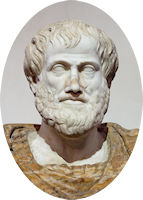
The word “energy” comes from the Greek enérgeia. Developed by Aristotle, enérgeia has no direct translation to English. It is frequently described as “being at work”.
Although the term English “energy” acquired its current definition (meaning the quantitative property that must be transferred to an object to perform work or heat the object) in the 19th century, the ideas behind the concept began forming at the end of the 17th century, when the term was first used in English to refer to “power”.
By 1686, Gottfried Wilhelm Leibniz
had developed concepts that correspond to our current understanding of kinetic and potential mechanical energy.
However, he didn’t use the term “energy”.
Thomas Young first introduced the word “energy” to the field of physics in 1800, but the word did not gain popularity. Young later established the wave nature of light through interference experiments. The related term “work” was defined in 1828/29 by Gustave Gaspard de Coriolis and Jean-Victor Poncelet .

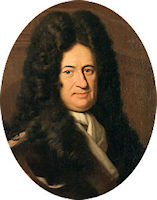



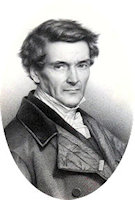

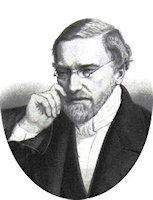
Between 1842 and 1847, Julius Robert von Mayer , James Prescott Joule , and Hermann von Helmholtz discovered and formulated the basics of what we refer to today as the law of conservation of energy:
Energy cannot be created or destroyed; it can only be transformed from one form to another.
Instead of the word “energy”, however, they used the terms “living force”, “tensional force” or “fall-force”.

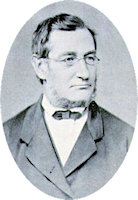

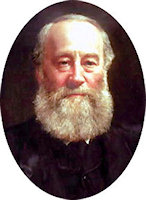

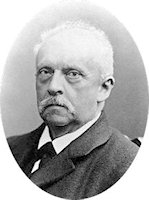
In 1851 − 1852, William Thomson (Lord Kelvin) and William J. M. Rankine began to use the word “energy” to denote any kind of “force” across all branches of science. Finally, in 1905, Albert Einstein established the general equivalence of energy and mass with his theory of relativity. From there, the concept of “energy” was generalized into the form used today.

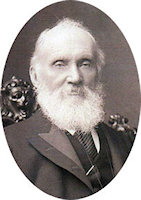

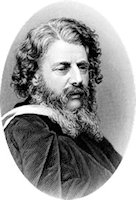

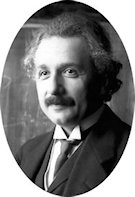
Alongside scientific usage, however, the concept of "energy” has entered common speech in ways that are often confusing and contradictory. Everyday expressions such as “energy production” or “renewable energy” contradict the energy conservation law which, as we recall, asserts that energy cannot be created or destroyed. The scientific definition of energy by the law of energy conservation also does not do much to help us understand expressions like “an energetic person”.
For an everyday working definition of "energy", we might look back to Aristotle for inspiration. Stated simply, he said:
Energy is a condition that describes the capacity to do work.